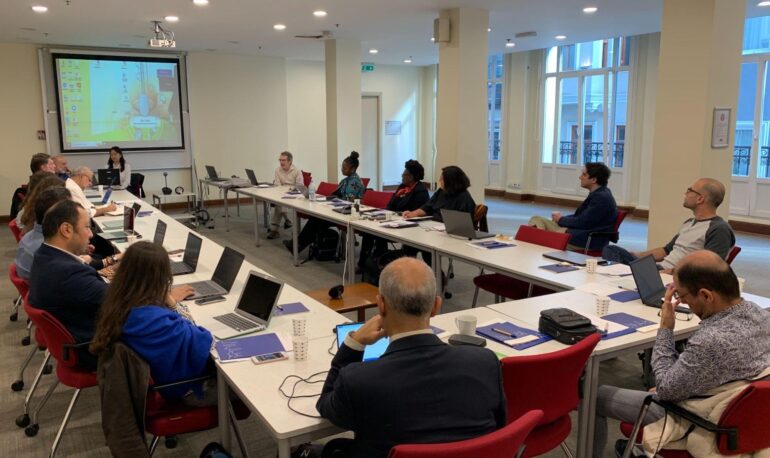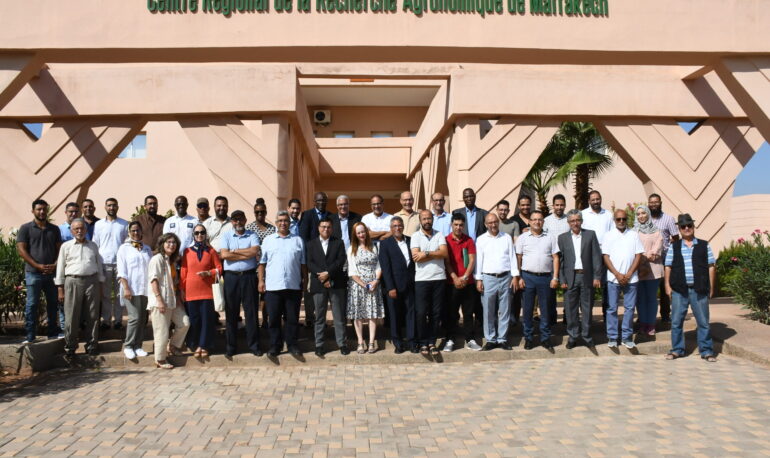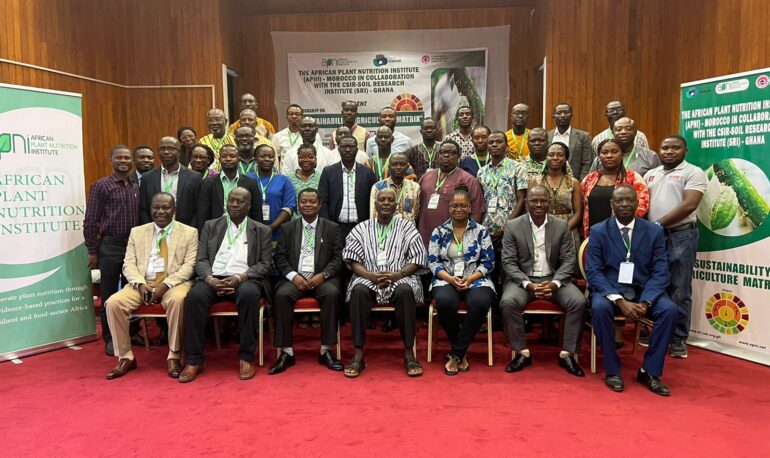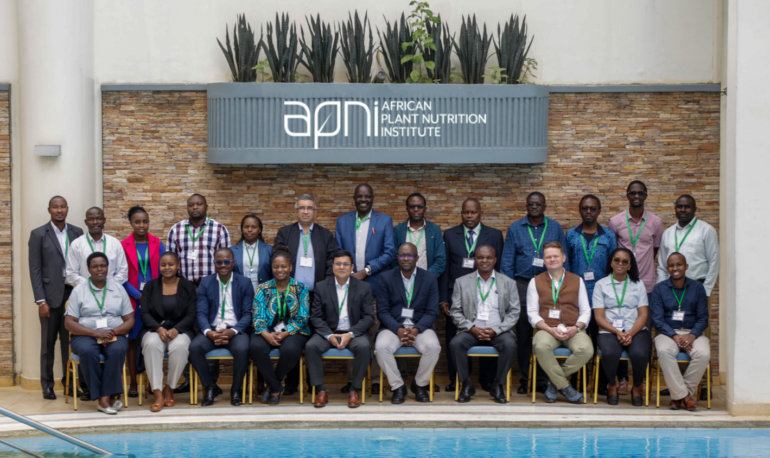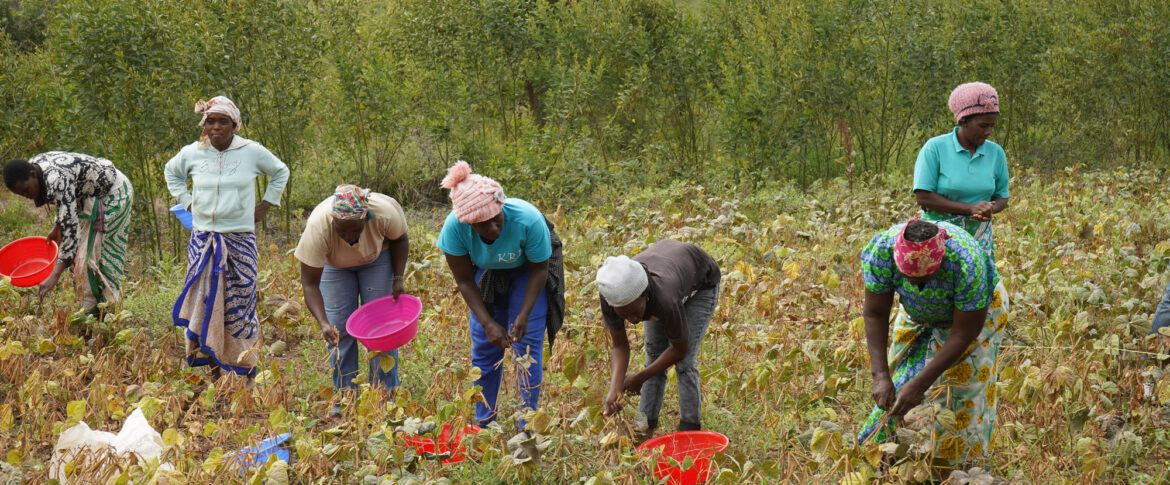
SAM Consortium: Guiding the Pursuit for Sustainability by Co-developing a Sustainable Agriculture Matrix (SAM-SH-01)

Theme: Soil Health for Improved Livelihoods
Project Lead
Implementing Partners
APNI
Supported by
Target Countries
Kenya, Ghana, Morocco
Short Description
The Sustainable Agriculture Matrix (SAM) consortium will be a transdisciplinary and transnational network to guide pathways for sustainable agriculture by co-developing an indicator system and associated products that 1) measure agriculture sustainability from environmental, social, and economic dimensions and improve the accountability of countries’ commitment to sustainable agriculture; 2) engage conversations and possible coordination among stakeholders and countries; 3) identify the inter-linkages among Sustainable Development Goals (SDGs) related to agriculture and improve the understanding of the socioeconomic and ecological dynamics in agricultural systems and beyond; 4) identify strategies for advancing sustainable agriculture and informing policies.
Expanding upon a three-year effort on developing an initial set of global SAM indicators on national scales, this project will establish novel transdisciplinary teams in each of six regions with diverse socioeconomic and environmental profiles. It will cultivate cross-country partnerships to investigate the historical trajectories of agriculture sustainability and to analyze tradeoffs between SAM indicators and SDGs in each region and the globe. The transdisciplinary teams include natural scientists, social scientists, economists, and stakeholders (e.g., civil society organizations and agribusiness), bringing together a wide range of expertise and experiences. A series networking and co-learning activities are designed to maximize interactions and collaborations across the boundaries of disciplines, sectors, and nations.
Outputs of this project include: peer-reviewed articles and policy briefs for country cases; a synthesis report of major trade-offs and synergies among agriculture-related SDGs and among countries; and multiple communication products (e.g., SAM report cards, and an interactive platform).
By co-developing and analyzing quantitative SAM indicators, this project will help guide sustainable agricultural pathways.

